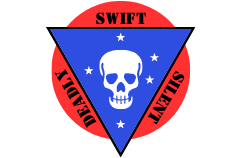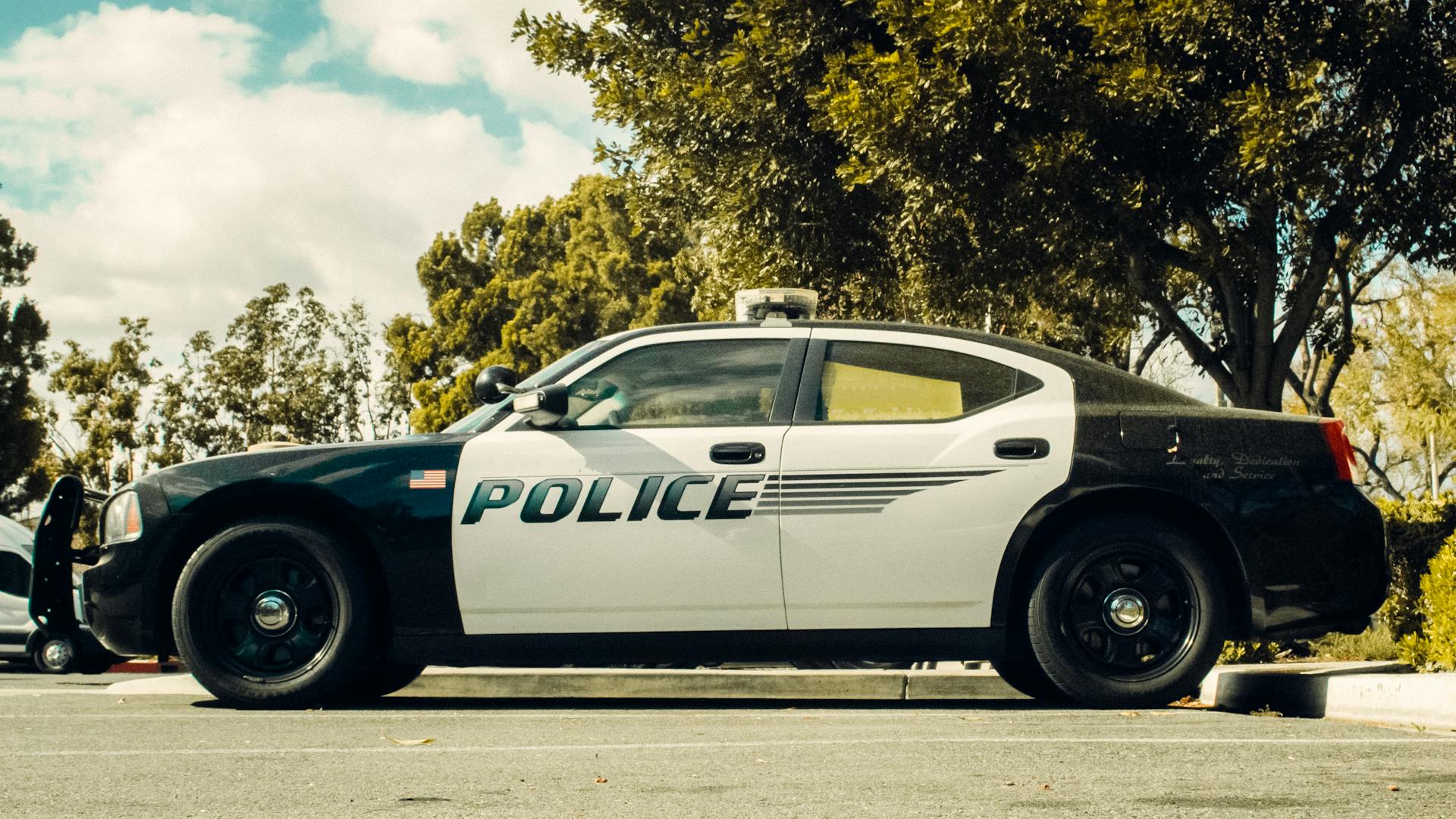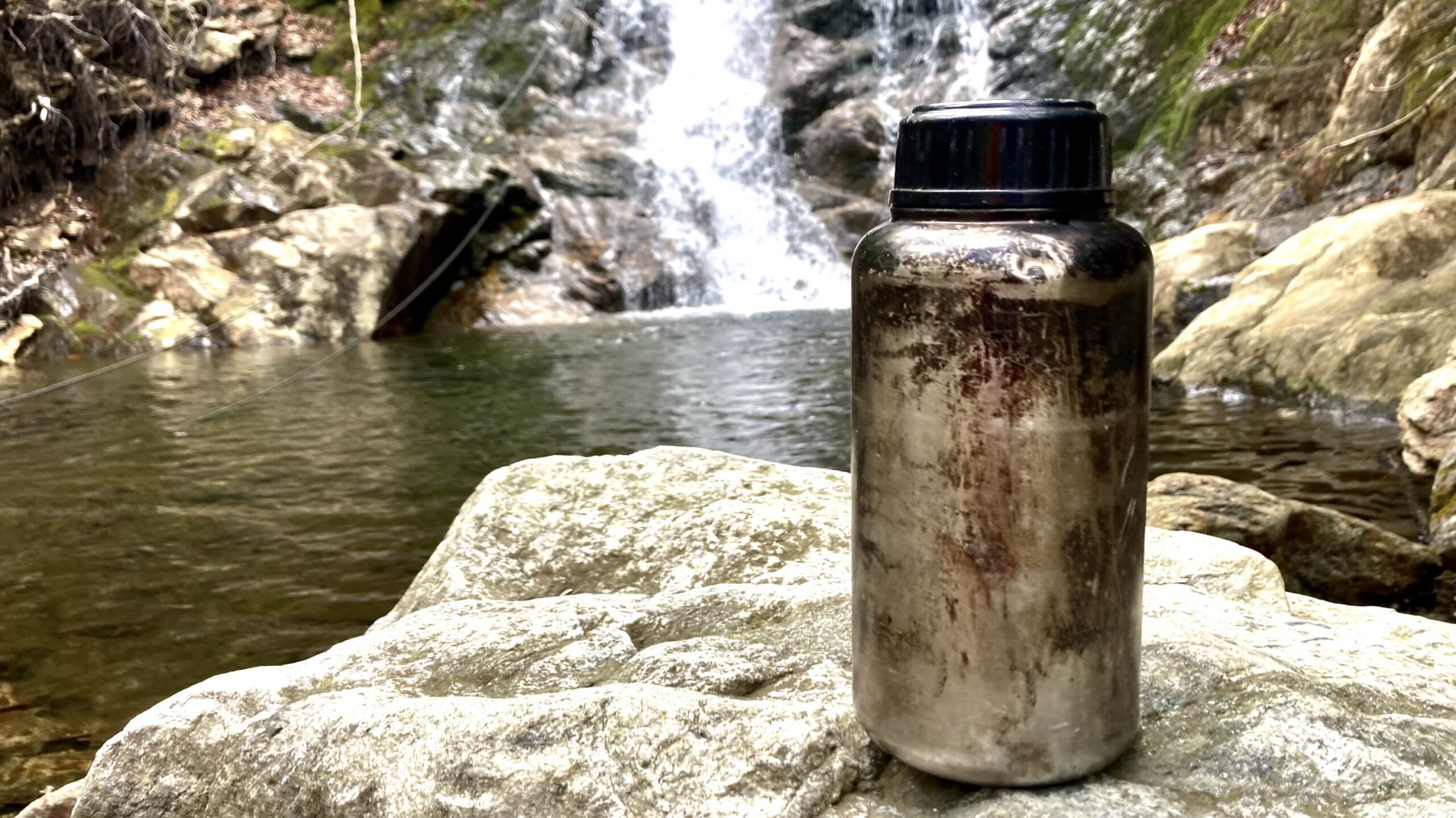Last year I wrote about building rapport with your (and my) neighbors. That post focused on making friends with the people who lived within eyesight or earshot of you. I think that is an incredibly important step to take in any neighborhood. Today I am going to cast the net just a bit wider and discuss how I plan to build rapport with the wider community.
Background
When I moved into my neighborhood I had thought long and hard about how to win friends and build my “tribe.” I still haven’t fully achieved this, but I’m still absolutely working on it. One major failing is that I hadn’t thought all that much about how to integrate myself into the bigger community. Though our town is one of only about 4,000 people. . . 4,000 people is still a lot of people. It’s great that I know my half-dozen nearest neighbors, but that leaves a lot of town folk I don’t know.
Our situation is probably a little different than that of most people. I travel for work, and my girlfriend works from home. We just aren’t exposed to that many people through work. Even if you don’t work from home, you’re still probably limited in some way to the number of people you can meet through work. Building rapport with a few more people wouldn’t be a bad thing for any of us.
Others may not see the need to integrate yourself into the community. I can talk about this one for hours, but… The lone man going to the mountains to go it alone is a myth. You’re going to have to “go it” with thousands of your closest friends and neighbors. Being a trusted member of that group is probably pretty important. Being a trusted member of that group in daily life can also be pretty important and helpful. My local hardware store recently loaned me a pallet jack because they know me; trust me, a pallet jack is not a purchase I was going to make.
I came up with some of these techniques independently, some I borrowed, and some are a combination of both. I’m using a good deal of these techniques, but not all. Many of you may already have a tribe and won’t need these techniques. If you are trying to build your tribe, you could probably do a lot worse than trying some of these ideas.
Become a Regular
Being a regular somewhere (or at several places) is a great way to build up your familiarity with others. More importantly, it’s a great way for them to develop familiarity with you. I recommend choosing at least a couple of places and going there regularly for a few months. My town has several distinct contingents of people spanning the income, political, religious, and ideological spectrum. I don’t discriminate: I want to be known to all them. So we picked a few places, each with its own group of people, where we actively worked to become regulars.
Brewery: we have a small microbrewery in town. As home-brewers and beer drinkers, this one definitely makes sense to us. First, we just went there a lot. Repetition is key to establishing familiarity. Getting in there a lot on different days and at different times lets the staff – and other regulars – see you.
We also chose our times. Instead of coming in on Friday and Saturday night when the place is swamped, we picked times when the crowd was thinner. On weekends, we usually dropped by early in the afternoon on Saturdays and/or Sundays. This gave us the opportunity to chit-chat with the servers and bartenders in a way that’s not possible when the place is packed. We also came in on weeknights, probably once a week for the first couple of months. This goes a step further and established us as locals rather than tourists.
Finally – and this was a big one – we gave them something. The brewery has a wall with a lot of license plates tacked up. As it happens, we had a couple of license plates lying around, including a state that the brewery didn’t have on the wall. The manager was super appreciative, and since then he has always come over and chatted with us every time he sees us.
Hardware Store: Our town also has a locally-owned hardware store that’s not one of the Ace/True-Value affiliates. They’re truly an independent shop, which is rarer than you might think. We shop there a LOT. I show my face in there, chit-chat with the staff, and buy stuff as often as I can, which is at least once a week. Though Lowe’s has them on prices, they’re 15 minutes closer.
I also purchased a baseball cap with the store’s logo that I wear on a pretty much daily basis – more instant credibility when I walk in the door. More instant credibility in town as a local, too. I also did something else that set me apart; I mentioned this earlier, but I went and asked them to borrow a pallet jack when my gun safe was delivered. They were happy to loan it to me. I offered to pay them for the use of it. I honestly think it made them feel so good just to loan it to me that they got as much from it as I did. More importantly, they instantly recognize me and have remembered me ever since. We are definitely “regulars” when we walk in the door at the hardware store.
Coffee Shop: Finally, there’s a very trendy new coffee shop in town. It’s popular with a completely different subset of people than either the brewery or the hardware store (though in truth, there’s probably some crossover with both). I admit that this is something we haven’t put much effort into yet. In the interest of becoming known entities around town we’ve started to. Now every Saturday or Sunday we head down there for a cup of coffee. We’ll bring our books, intending to sit and read for a little while, but at least a couple of times we’ve ended up shooting the shit with someone there. This is a very new line of effort, but so far so the results have been encouraging.
These are merely my examples. Obviously you should choose your own that fit into your lifestyle and desired goals. These might be a breakfast place or lunch counter. It might be a certain type of specialty store. That isn’t the only way to establish rapport, though.
Participate in Extra-Curriculars
You don’t just have to spend money in bars and restaurants to become a familiar face. Here are a few other ideas.
Join a gym. There are lots of reasons you should join a gym, not the least of which is getting in shape. Most of us need to be in better physical condition than we are. Another awesome byproduct of joining a gym is meeting new friends. I’ll be the first to admit that your mileage may vary here. The gym we’ve been going to since we’ve moved here isn’t the gym for us, and we’re about to switch gyms. That said, we have met two friends with whom we regularly do stuff outside of the gym. You might also try joining a martial arts dojo, participating in a local action shooting match, a Shutzhund club, etc.
If church is your thing, go to church. Though I can’t speak from personal experience, this seems like a good way to meet like-minded people. If you don’t like the first one you try for whatever reason, try another one. Most areas have multiple churches of each denomination; if you’re into church you should be able to find one that meets your needs, and is filled with people who are similar to you.
If you have any other hobby, pursue it with like-minded people. You’re into sewing? Canning? Fishing? Chess? Homebrewing? Reading? Gardening? Flower gardening? Four-wheeling? There are clubs for these types of things everywhere. There are also classes, and classes are a great way to meet like-minded people. Within our first six months here we found both an orienteering class and a wild-edibles walk, one of which linked us up with a dude we still stay in contact with. Listings for things like this are in little local free newspapers, (as badly as I loathe admitting this) Facebook, and on Meetup.com. Meetup is actually a great one for defining specific groups of people you want to meetup with (pun intended).
Volunteer Somewhere
You can definitely meet and get to know people by volunteering. There are two soup kitchens in our town. Because I’ve chosen to focus my energy elsewhere, we haven’t had to chance to volunteer at these yet, but we will. Having volunteered at kitchens like these before, I promise they will earn you some acquaintances. Volunteer at the Red Cross, the public library, or your local animal shelter. The American Cancer Society has a “Road to Recovery” program that uses volunteer drivers to take people to their treatments. Meals on Wheels perpetually needs volunteers. Just be careful about volunteering for things that are going to lock you into an echo chamber, like political campaigns.
If you don’t want to commit to an ongoing volunteer situation, look for other, short-term opportunities. I’ve seen volunteers wanted to participate in day-long park or river cleanups. You can volunteer to take tickets at public events, or help clean up after them. There are volunteer opportunities everywhere at the local level. Every one of them is going to expose you to people in your community.
Volunteer Fire Department/Rescue Squad
This is probably the gold standard of getting involved in the community. A lot of smaller communities have volunteer fire departments. As a former volunteer firefighter – and current volunteer in another capacity – I can speak to this a little bit. As a volunteer fireman you will definitely get to know other members of your department. You’ll expand your network during training that is shared with other departments. It will also give you an opportunity to meet people outside of the fire department including police officers and EMS members. You’ll also get to know some regular folks: victims, bystanders, donors/supporters, etc.
There are a couple of major side benefits to this one. First, you’ll get some outstanding training and nationally-recognized certifications. If you’re interested, you can almost certainly get a free (other than time spent) EMT certification out of it, along with plenty of continuing education hours. Obviously, you’ll get firefighting training, and perhaps an emergency vehicle operator’s course. This one might sound selfish, but. . . You’ll also be part of the emergency services “in” group. This will give you a bit more credibility with all members of the community and a LOT more with cops, which might give you a little more freedom of movement during an emergency. Oh…and if you’re a full member, you’ll be eligible for a ton of first responder discounts on everything from meals to equipment to your phone bill.
I need to be quick to point out that this, more than perhaps any other, is not a “freebie.” There’s a reason it carries so much weight: you will have to put out, you’ll have to give to get. You will have to respond to calls which sometimes come in the middle of the night and may place you in grave danger. During foul weather and emergencies, you will be the one who is called to leave your warm, safe home to help others. You will also have to provide time to attend weekly meetings and trainings. You will also probably have to put in the time in the evenings and on Saturdays and Sundays to gain some basic firefighting or medical certification.
Failures
Everything won’t be a success. I’ve had a few failures and had to readjust my expectations. Here’s a good example: The range has been a abject failure, and maybe my biggest disappointment since moving here. At two and sometimes three visits a week, I’m probably the single biggest customer at my local range. I thought I would make friends there. It turns out. . . things have been a little different.
All of the staff at the range is way, way cooler than I am and have no time for me. If they do acknowledge me it’s to talk AT me to explain how much more they know than I do. I guess the good news is the range is nearly always empty, but this is also bad news as I miss out on opportunities to meet others at the range. The point is, not everything will be successful. It will probably take a long time to build your tribe, and find like-minded people. We certainly aren’t there, but we continue to work at it, almost every day.
In Closing
Finding my “tribe” is my number one survival priority right now. This means finding those close, personal, “middle-of-the-night phone call friends,” getting friendly with my neighbors (mission accomplished), and becoming a known entity in my community. If you don’t have a tribe and you plan to survive any sort of long term altered level of living conditions, this should be your number one priority, too. Even if you’re not a “survivalist” you should have some folks you can call on and be a known entity in your community. If you’re not/don’t, get to work!






1 thought on “Building Rapport with Your Larger Community”
Comments are closed.